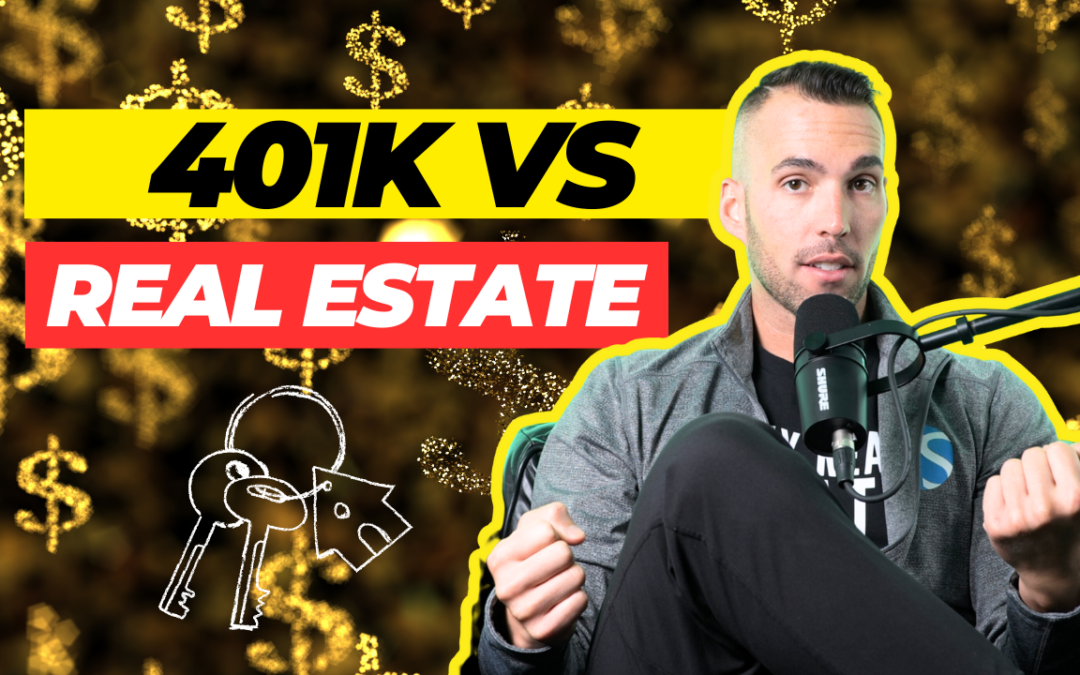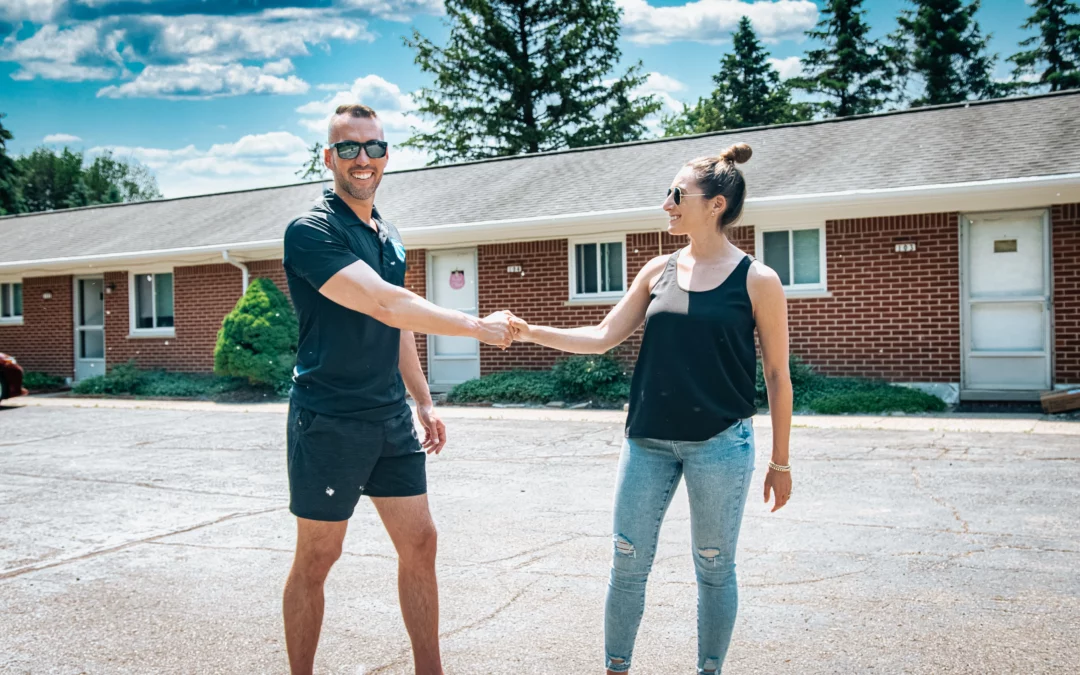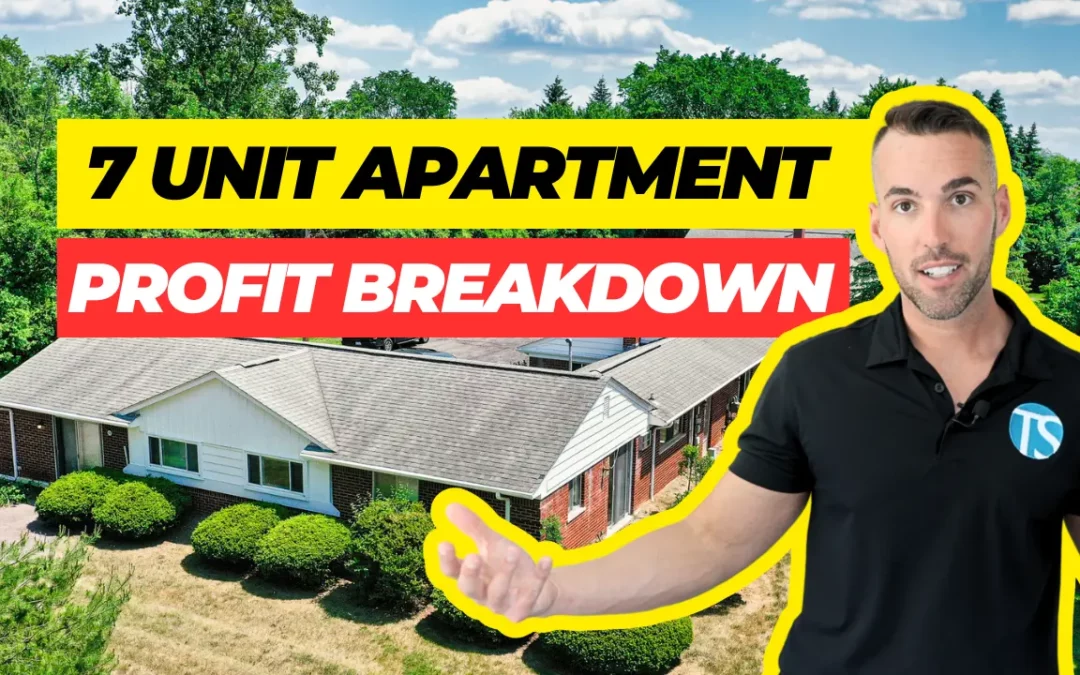Investing in real estate is a great way to utilize your income as a wealth-building tool that can propel you toward financial freedom and even early retirement. Even better is learning how to invest in rental properties, the real estate that pays you back day after day, month after month, year after year.
But, how do you go about getting the funds to pay for your real estate investment in the first place? Today, we’ll walk you through options to help you get financed for a rental property if you’re a small business owner or self-employed individual.
Can Small Business Owners Get Financed For a Rental Property Through Conventional Loans?
The shortest and most straightforward answer to this question is ‘yes’. It is possible for small business owners to get a conventional loan to purchase a rental property. Similar to applying for a primary residence mortgage, getting a conventional mortgage on an investment property typically requires an application, verification of income, assets, and liabilities, and a respectable credit score.
That’s pretty much where the similarities end, however. Here are some of the differences you can expect to see when trying to get financed for a rental property via a conventional mortgage:
1. Lenders are often more strict. This is because rental property loans come with more risk for the lender. If you own a primary residence and a rental property, you’re more likely to pay the primary mortgage first if your financial situation takes a downturn. Lenders understand this increased risk and often ask for more such as a higher credit score, larger down payment, lower debt-to-income ratio, and proof of significant cash reserves.
2. Higher interest rates are more common. The cost of higher risk on the lender’s part often translates to higher interest rates for a rental property loan vs. a traditional mortgage on a primary residence. An excellent business credit score can help but, depending on the lender, may not be enough to get the lowest interest rates available.
3. Loan qualification is often based on recent tax returns. As a small business owner, you may be asked to provide potential lenders with copies of your most recent business tax returns (typically the past two years). If you’ve been using deductions, depreciation, and amortization schedules to their full advantage, the amount of profit shown on your returns may be significantly less than your actual cash flow. This can often create a barrier for borrowers and negatively impact their ability to qualify for a conventional loan.
So, just because a conventional loan is a possible financing option, that doesn’t mean it’s the easiest or even the best option for small business owners wanting to purchase an investment property. Let’s take a look at two alternatives that could be more beneficial.
Alternative Rental Property Financing Options for Small Business Owners
Rather than going the conventional mortgage route to get financed for a rental property, self-employed individuals and small business owners may find it more advantageous to pursue a non-qualified mortgage loan option. Simply put, this is a mortgage loan where the borrower’s income and loan repayment ability are verified through non-traditional ways.
Here are two types of non-qualified mortgage products suitable for small business owners looking to get financed for a rental property:
1. Bank statement loan – Rather than looking at past tax returns, lenders can evaluate the payment ability of a small business or individual based on their actual cash flow and banking history in the most recent 6, 12, or 24 month time period. This is perfect for entrepreneurs with growing businesses that show significant cash flow.
2. Debt service collateral relief loan – Also referred to as a DSCR loan, this type of loan allows borrowers to qualify based on the rental property’s future income potential. The higher the predicted income, the more likely a small business or individual will be to get qualified for a rental property.
Invest In Rental Properties & Create a Wealth-Building Portfolio
Building a solid portfolio of income-generating rental properties takes time but, it’s a worthy endeavor if you want to create a stream of passive, predictable cash flow that can eventually lead to financial freedom. The amount of time that takes can be significantly shortened by working with an investment coach, someone who has been where you are and who has gone where you want to go. It’s also helpful to work with a seasoned mortgage broker like Chris Polite so that you have access to the best products and lenders to meet your financing needs.
If you’re serious about real estate investing and want to learn how to utilize real estate as a wealth-building tool, I invite you to work with me. I’ll share the exact blueprint that my wife and I used to go from owning NO real estate to owning over $5 MILLION in real estate by the age of 30. It’s time to realize the full potential that real estate offers and get started on your real estate investment journey today!





